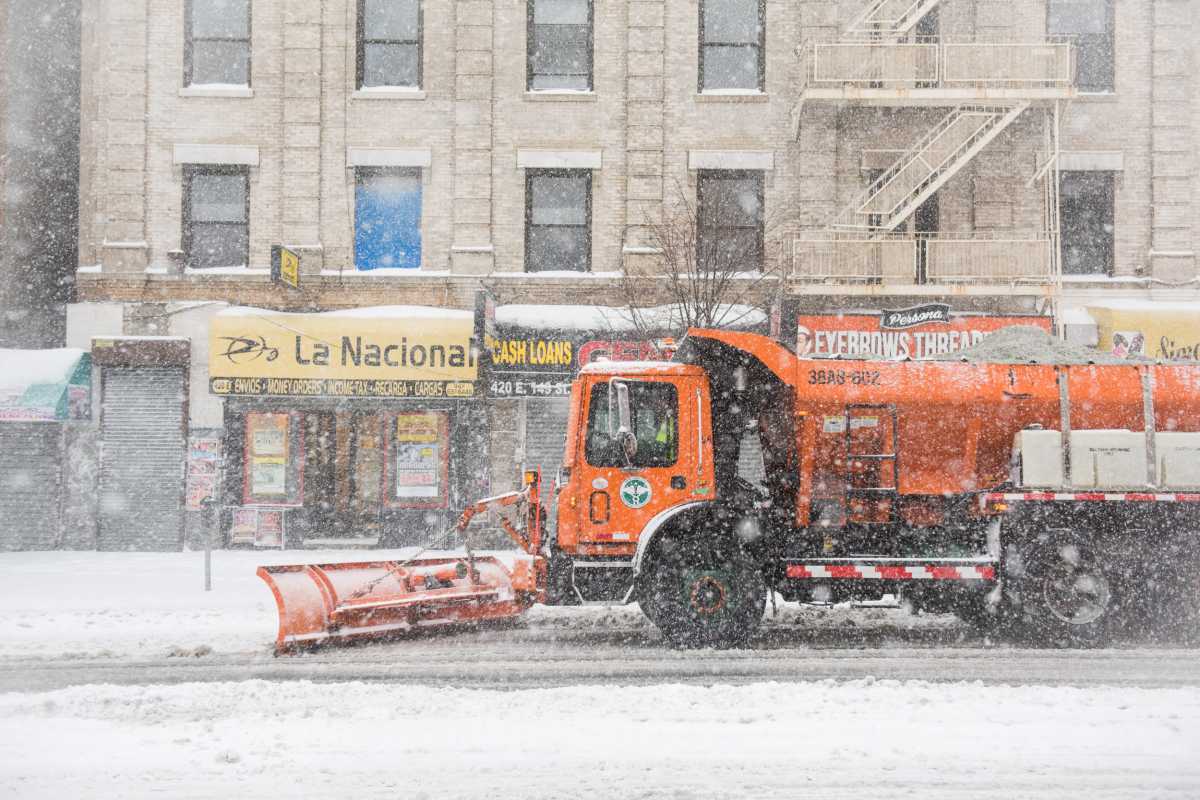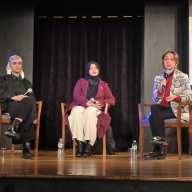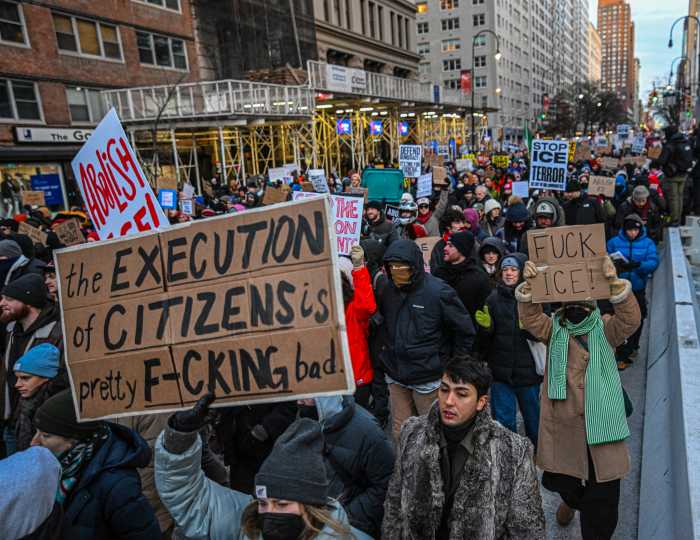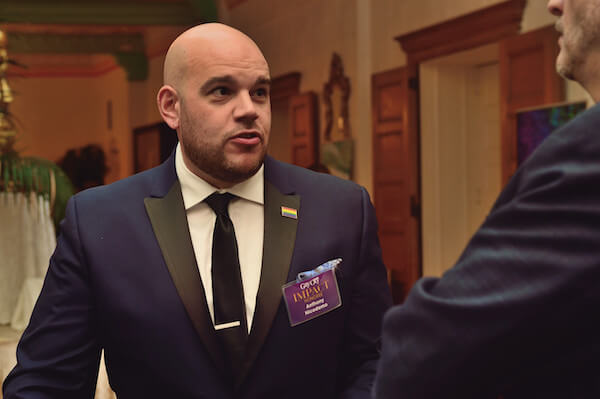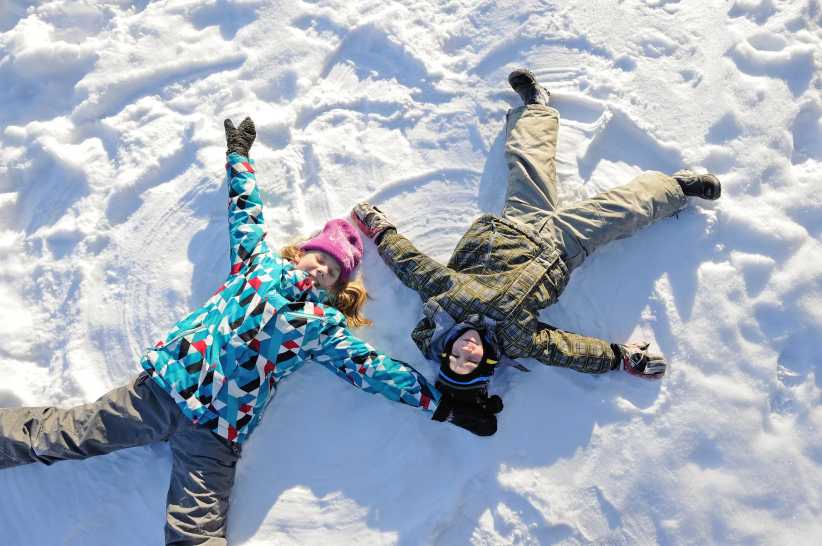Just a day after a report from the New York City Department of Health and Mental Hygiene (DOHMH) saying “there have been no human cases of West Nile virus yet this season,” it was revealed that a 73-year-old Queens woman remains hospitalized, recovering from encephalitis (an infection of the brain) after contracting West Nile in late July.
It was revealed on Friday, August 15 that, unlike a Bronx man who also contracted virus in July, the woman had not been traveling and must have contracted the virus here, DOHMH said.
The man has been released from the hospital after recovering from meningitis (an inflammation of the brain and spinal cord sheath.)
Eighteen New Yorkers contracted West Nile last year - with the first cases occurring in August. Three of them reportedly died.
The DOHMH report released on Thursday, August 14, said that there are more mosquitoes in Queens carrying West Nile virus than there have been in years. It found that a growing number of mosquitoes have tested positive for West Nile virus since mid-June and that Queens has the largest number, followed by Staten Island.
Only Manhattan has had no reports of West Nile-carrying mosquitoes.
“A case of West Nile virus provides an urgent reminder to protect ourselves,” said Dr. Thomas R. Frieden, New York City Health Commissioner.
West Nile virus infections sometimes show no symptoms at all. Usually they cause a mild or moderate flu-like illness. The most common symptoms are headache, fever and extreme fatigue.
But in some cases, particularly among people 50-years-and-older and those with compromised immune systems, it can cause serious infection in the brain and spinal cord that can be fatal.
“Reduce your risk of getting West Nile virus,” Frieden said. “Wear mosquito repellent whenever you are outdoors and long sleeves and pants in the morning and evening.”
DOHMH sets out traps for mosquitoes all over the city, in areas where they are known to be found. The mosquito pools (trap collections) are tested and if any of the trapped insects are found to be carriers, that pool is tabulated.
So far this year, 63 infected mosquito pools were found in Queens, compared to 53 for all of last year. This represents a huge increase from 2006, when only three West Nile mosquito pools were found.
DOHMH has this advice for avoiding and combating mosquitoes:
Use an approved insect repellent containing DEET, picaridin, oil of lemon eucalyptus (not recommended for children under the age of three), or IR3535.
Wear protective clothing such as long pants and long-sleeved shirts, particularly at dusk and dawn when mosquitoes are most active.
Make sure windows have screens. Repair or replace screens that have tears or holes.
Eliminate any standing water from your property, and dispose of containers that can collect water. Make sure roof gutters are clean and draining properly. Standing water is a violation of the health code.
Clean and chlorinate swimming pools, outdoor saunas and hot tubs. Keep them empty and covered if not in use; drain water that collects in pool covers.
The city has been spraying an organic material (larvicide) over wetlands to kill mosquitoes before they reach adulthood. There has also been limited application of pesticides in Queens.
If you think you have symptoms of West Nile virus, see your doctor right away. For more information about West Nile virus, and how to avoid it, call 3-1-1 or visit www.nyc.gov/health.









